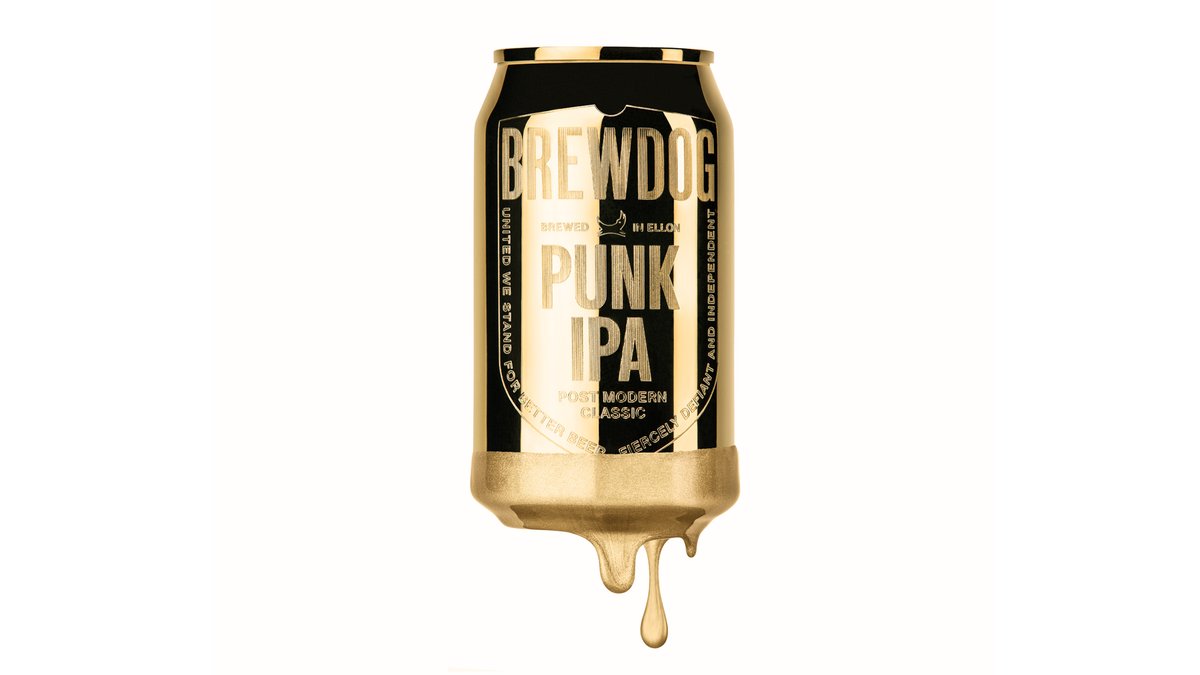
Best Reader Tips of 2021
This year reader tips led to dozens of ad alerts, as well as a complaint to regulators.
It might look like fish and smell like fish, but one state wants to make sure that fish enthusiasts are buying and eating exactly what they are told they are getting on the label and on menus.
Massachusetts legislators will be reviewing a bill that would give state agencies the right to fine businesses that are mislabeling fish. The legislation comes after a Boston Globe investigation found that cheaper species of fish were being substituted in restaurants across the state. The bill would also ban the sale of escolar, an oily fish that the FDA says can trigger gastrointestinal problems. The Globe’s investigation found that several restaurants sold escolar as white tuna. The ban would be the first in the nation.
A conservation group’s investigation of fish in New York City also revealed mislabeling issues. The investigation, released in December 2012 by Oceana, found that 39 percent of 142 seafood samples collected from grocery stores, restaurants, and sushi venues in the city were mislabeled. In previous investigations, the group has also found mislabeling problems in Los Angeles and Miami.
U.S. Rep. Edward Markey of Massachusetts is hoping the House of Representatives will pay attention to the issue. He has submitted a bill that would require the tracking of seafood from the time it is caught. Read more about seafood substitution fraud on the FDA’s website here.
This year reader tips led to dozens of ad alerts, as well as a complaint to regulators.
Lawsuits allege brownie brands and others lack the essential dairy ingredients to call their products fudge.
Brewery issues a “gold plated apology” for misleading consumers on “solid gold” cans.


